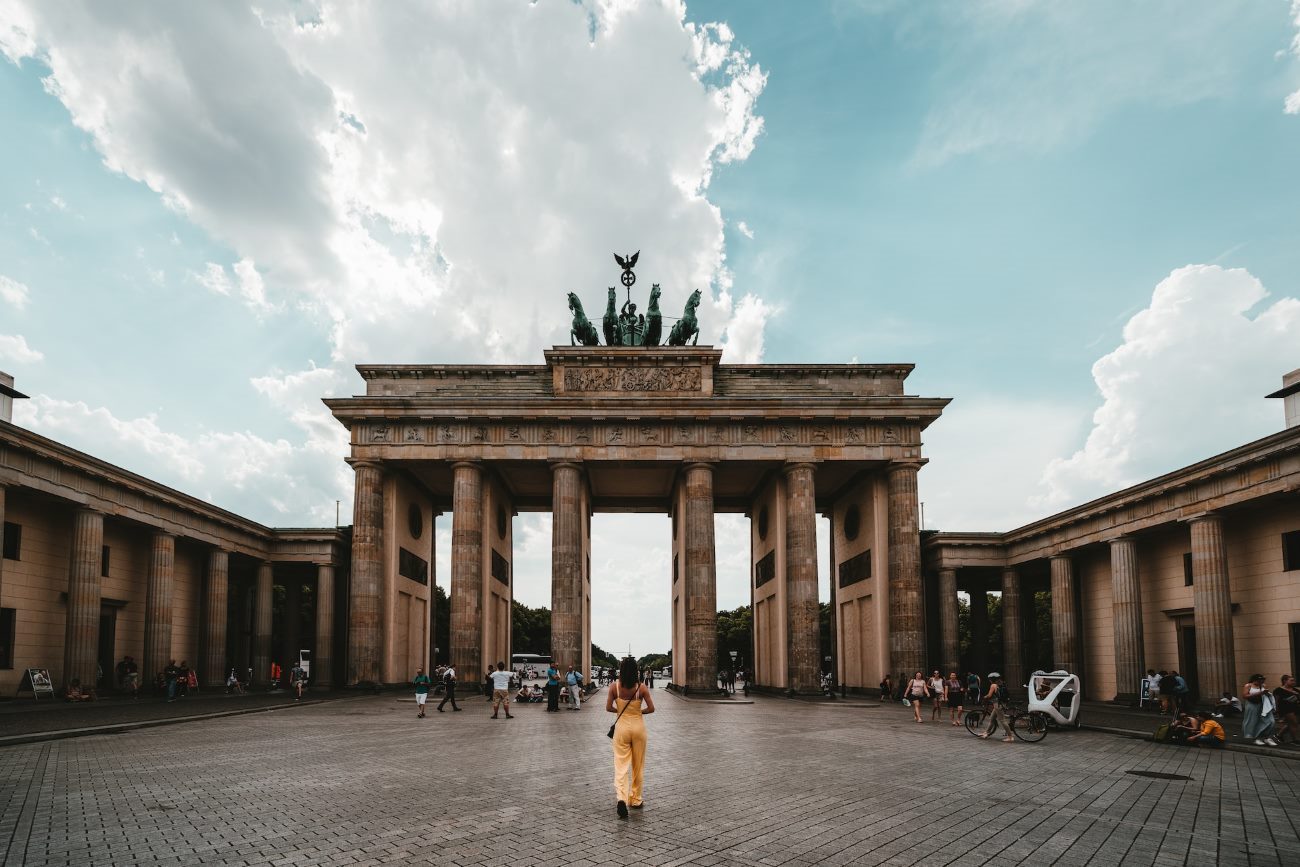What is the History of Concentration Camps in Berlin?
World War II along with the Holocaust played an important historical role in the German capital city of Berlin. The dark time of this period led to concentration camp establishment within the city thereby creating permanent chapters in the city’s historical record. This article examines Berlin’s concentration camp history starting from its creation purpose and moving toward comprehending its overall repercussions.
-
The Origins of Concentration Camps in Berlin
The Nazi German government implemented its first concentration camps in the decade of the 1930s. The administration and development of concentration camps originated from Berlin but the city itself lacked a standing permanent facility. After the Nazi takeover in 1933 the authorities operated a preliminary camp named Columbia-Haus for housing political opponents. Political opponents of the regime found confinement in this institution.
The Establishment of Sachsenhausen Concentration Camp
The Sachsenhausen concentration camp operated just beyond Berlin city center while remaining located north of the capital and serving as a pivotal historical site of the city. The Nazi concentration camp Sachsenhausen was created in 1936 and officially transformed into a primary model for future concentration camp design. The facility began as an imprisonment facility for political prisoners until it began housing different groups who were targets of discrimination.
In its operation Sachsenhausen accepted numerous groups of people including Jews and homosexuals and Roma and Witnesses of Jehovah and individuals whom the Nazis considered undesirable. The facility became a dreaded memorial to Holocaust atrocities following the death of thousands of innocent people within its boundaries.
-
The Purpose of Concentration Camps
Multiple functions operated as the driving force behind Nazi concentration camps. The concentration camps began their existence dedicated to holding political opponents along with dissidents. When Nazi ideology grew more intense with racial persecution the original purpose transformed into a tool through which millions of people, primarily Jewish victims were systematically killed.
A complete system of camps existed under Nazi control to execute racial policies and eliminate resistance. The victims in these camps experienced labor obligation and starvation and doctors tested them on by subjecting them to abnormal scenarios while being exposed to extreme suffering through persistent mistreatment. The objective of the Nazis was to destroy entire racial communities while preserving their conception of ethnically pure society.
-
The Impact and Legacy of Concentration Camps
Concentration camps in Berlin alongside other German facilities inflicted damage that exceeds all reasonable measurements. Each camp operated as a tool to instill terror and to suppress and kill its inhabitants. Survivors along with all upcoming generations faced enduring harm from these camps which left permanent mental and social damage on both groups.
Remembering the Victims
To inherit a strong society of today we need to think about and respect all the victims the Holocaust took from this world. Berlin stands as the primary location of historical darkness through its multiple memorials and museums which both maintain victims’ memories while spreading awareness about fighting hate and injustice naturally.
Learning from History
The concentration camp history in Berlin demonstrates how uncontrolled hatred leads to devastating effects. Historical study of this period creates a safeguard to prevent such abuses from happening again. The study of historical events teaches us to create a future foundation based on acceptance and dignity for every human being.
-
Visiting Concentration Camp Memorial Sites
Berlin gives visitors the chance to visit concentration camp memorial sites which serve both as places of tribute and educational opportunities regarding this dark chapter. Visitors can easily reach Sachsenhausen which serves as the nearest significant camp located near Berlin.
When visiting these memorial sites people should maintain both sensitivity and respect as essential aspects of their conduct. Most people find guided tours or audio guide services beneficial because these services help visitors understand the site through knowledgeable interpretations which deepen their emotional response to the history.
The Importance of Education
The prevention of new massacres depends on education as a fundamental factor. Learning about the Berlin concentration camp history through education enables us to actively foster a better inclusive society characterized by compassion.
Conclusion
The history of Berlin remains permanently scarred from the concentration camps that showed the terror during the Holocaust period. Learning from history through victim remembrance and studying past events represents a necessary foundation for making sure these events stay in the past. Our mission becomes clearer when we study concentration camp memorial sites because we strive to establish societies without prejudice and hostility.
Table of Contents



